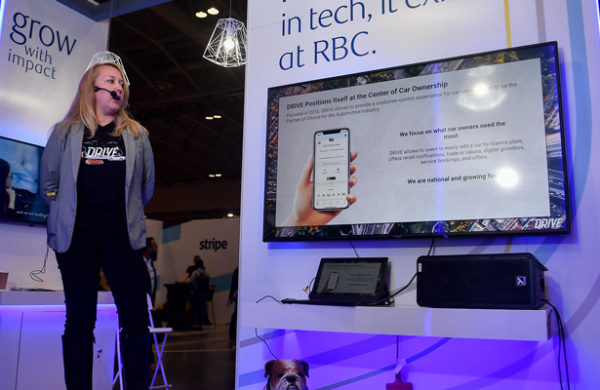
Incorporating green initiatives into your event planning process is quickly becoming an expectation of attendees. Sustainable events aim to reduce the demands that we place on the environment so that we don’t reduce capacity for it to provide for future generations. They have compounding benefits, such as cost-savings at the bottom line and the opportunity for inventive event strategies. I’ve outlined a few easy places to start.
1. Rent, don’t buy
Rental business is a more efficient, less wasteful service than the purchase of new items. You can rent just about anything – from tables, chairs and decor to your AV equipment. Renting fosters a closed loop re-use model that promotes sustainability.
2. Go paperless
This can be done by using digital signage instead of banners and paper displays. Instead of printing agendas or other event documents, include those documents on your event app. Source and check that you are making smart energy decisions for your digital needs.
3. Purchase carbon offsets
A carbon offset is a reduction in emissions of carbon dioxide or greenhouse gases made in order to compensate for or to offset an emission made elsewhere. One resource is Terrapass.
4. Offer a carpool
Encourage community, cost-savings, and sustainability by enabling a carpool between attendees. Create a document or map to allow attendees to show where they are leaving from and where they are going to with contact information so people can make connections and carpool!
5. Compost
An easy, cheap, and effective start is to use composting as a simple method of reducing waste and therefore reducing waste disposal costs. Beside the cost saving benefits there is also the possibility of community involvement and social outreach as the compost could be donated to local community gardens to be utilized as fertilizer. A major portion of event waste is from paper towels, coffee grains, coffee filters, lunch leftovers, food and beverage waste all which increase disposal costs that can be avoided by composting. Companies all over the country offer this service, one example is Urban Canopy in Chicago.
6. Have water stations
Providing refillable water stations reduces the amount of waste that is produced at your event. Have a sponsor provide reusable water bottles for people who need them or encourage attendees to bring their own.
7. Partner with sustainable companies
Identifying and select partners, products, and services that have the least possible negative environmental impact in terms of energy demand, use of resources and toxicity to the environment. Taking a proactive measure in recognizing market preferences and servicing customers who have a stated interest in a committed, efficient, and environmentally friendly business operation. Making environmentally responsible business decisions can save money, bring in more business, create customers out of consumers, and enhance the livelihood of attendees and the community. Even when the initial prices are higher, often the long-term cost is reduced due to durability, longer lifetime, minimal maintenance, reduced energy usage, and reduced disposal costs.



